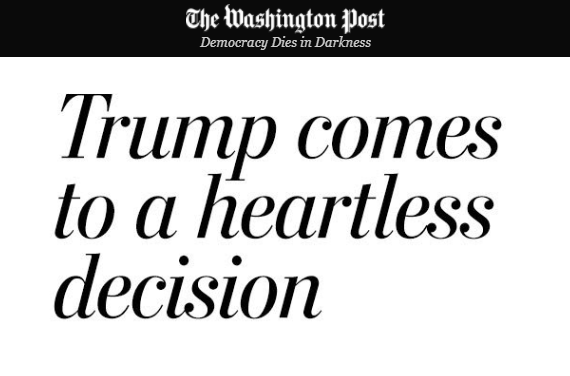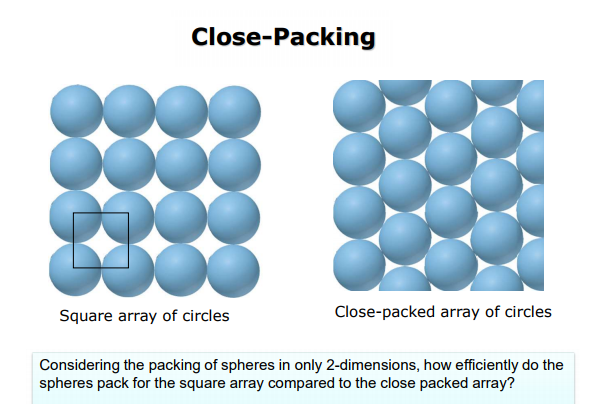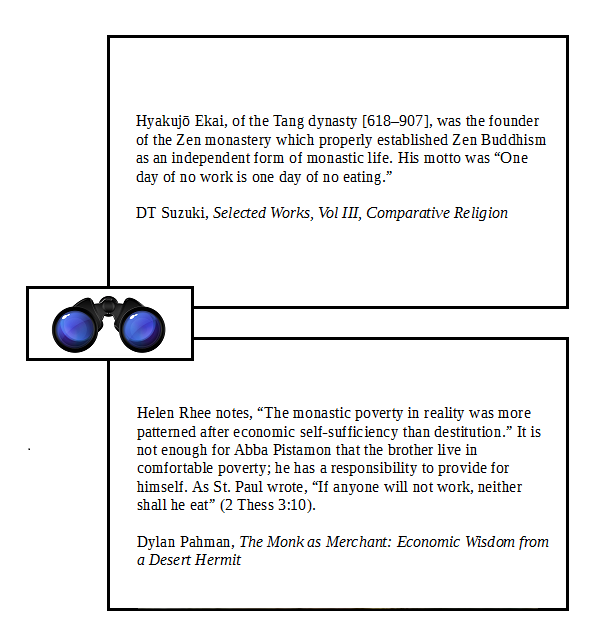Heartless? What’s heart? Since when did that have anything to do with anything?
Wednesday, September 6th, 2017[ by Charles Cameron — and to think I thought that little red heart was just an emoticon! ]
.
The Washington Post, supposedly a paper which takes political matters seriously, featured this caption in its email to me today:
Is this heart thing something to be taken seriously? Just on occasion, as with the impact of cancelling DACA on people who were, at least recently, children? Or in matters of economics, too? And the deployment, threat and use of nuclear weapons? In diplomacy?
I mean, the number of situations in which this somewhat vague “heart” entity might be invoked and prioritized is hard to estimate. What was it Pascal said?
The heart has reasons reason knows not of..
That in itself is a somewhat confusing statement. Is it a paradox?
Ah well, I’ll retire to poetry: poets, after all, think themselves the “unacknowledged legislators of the world” — and as one of them legislated not so very long ago:
My heart rouses
thinking to bring you news
of something
that concerns you
and concerns many men. Look at
what passes for the new.
You will not find it there but in
despised poems.
It is difficult
to get the news from poems
yet men die miserably every day
for lack
of what is found there.
What is found there? This heart thing, perhaps? Heart’s the second word in that poetry bit — it could be worth a try.








